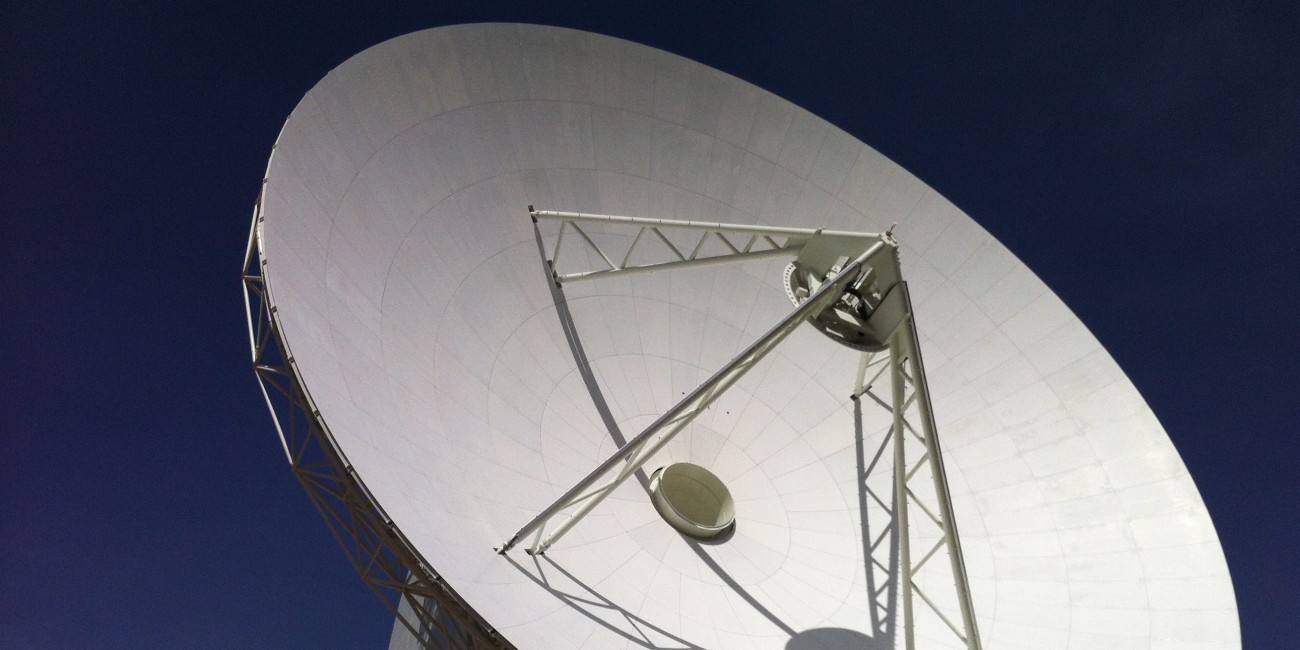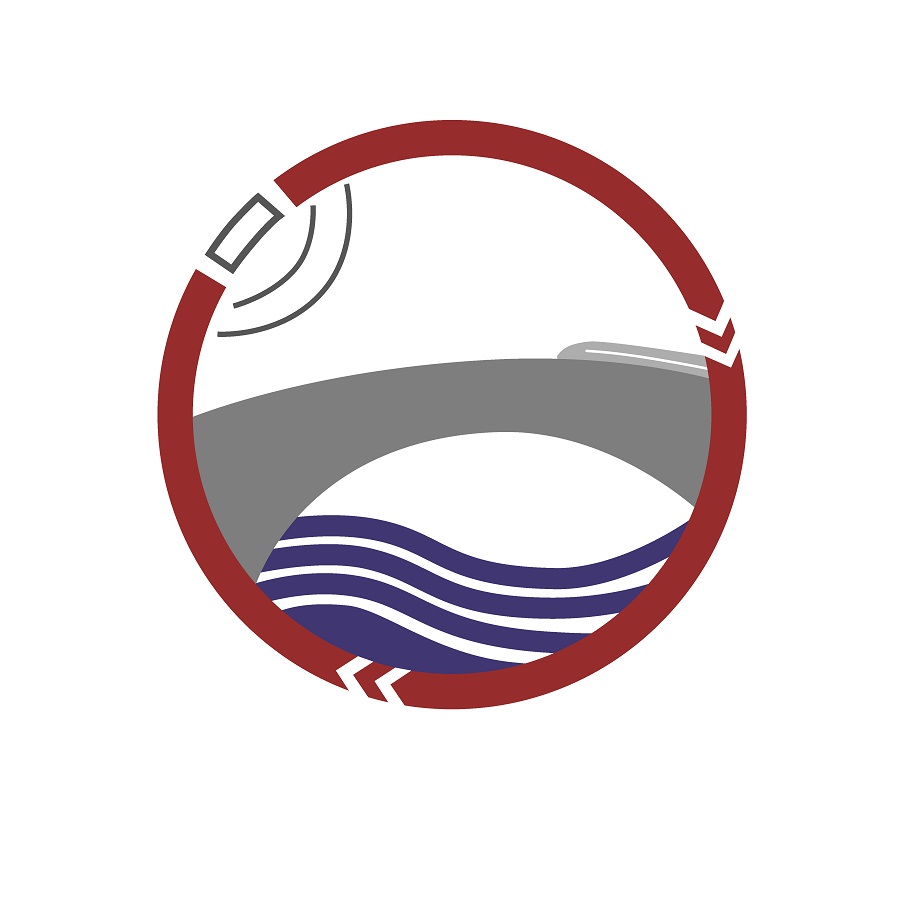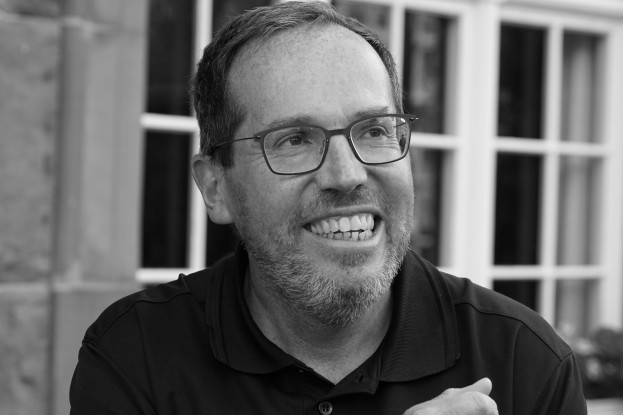Geodesy and geoinformation – changes in the world
The two-year (four-semester) Master of Science (M.Sc.) programme Geodesy and Geoinformation at Darmstadt University of Technology qualifies you in terms of
- the methods to efficiently capture spatial changes in the world,
- the methods for targeted analysis and interpretation of the collected data, and
- the methods for using the information gained in the process to initiate sustainable change in the world.
If you are already a graduate of a university study programme (bachelor's or diploma) or a comparable study programme (e.g. from a foreign educational institution) in one of the three areas of specialisation and would like to expand and deepen your knowledge, then our Master of Science in Geodesy and Geoinformation with the appropriate focus area is just right for you.
The degree programme is offered in English in those areas that also qualify students for international activities. In the modules, you will usually meet students from other degree programmes, so that you come into an intensive exchange with the way of thinking of other disciplines. Through a variety of student projects, you will also have the opportunity to apply the methods you have learned in a practical way.
A degree opens up diverse and excellent opportunities in your chosen area of specialisation, both in the national and international professional world. Of course, you will also receive the skills to act successfully in research and to document this through a doctorate.
Semester course and examination schedule
We offer you a wide range of choices when compiling your semester course and examination schedule . Initially, you can choose between three areas of specialisation if you fulfil the respective required prerequisites. You will then supplement the skills gained in one of the three areas of specialisation with expanding modules, entirely in line with your idea of your personal professional future.
The details of the degree programme can be found in the Degree programme guidelines/Study regulations and the module handbook .

Student Advisory Service
You will have a mentor at your side who will support and advise you in this matter. This will make your individual study plan a success.
Admission and Application
For admission to the Master of Science Geodesy and Geoinformation, you need general engineering knowledge as well as basic subject knowledge in the specialisation area you would like to study. If you do not yet have this knowledge, you can make up for it to a certain extent during your studies (requirements).
The entry competences required for subject-specific admission can be found in the Study regulations. Prof. Dr.-Ing. Andreas Eichhorn, study advisor for geodesy, is happy to advise you on this.
Information on application and admission can be found on the main pages of the TU.











